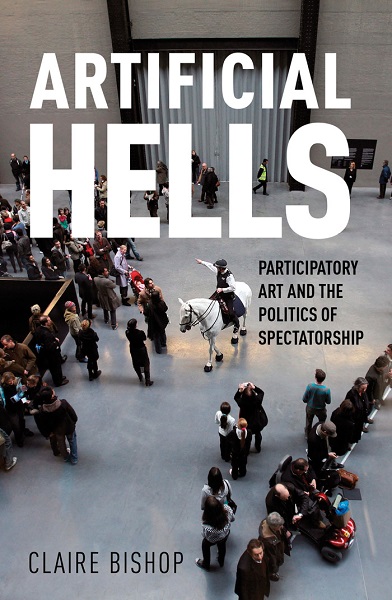A challenging first mentoring session with Dave Beech. I was able to ask for clarification on some of the concepts we encountered in the Art & Politics reading group around the notions of counter-hegemony and the Philistine. The philistine is the artists ‘other’ that carries the potential to create a counter-hegemonic art precisely because it is excluded from art and its discourses. For artists the challenge is to renegotiate what it means to be an artist – how can we shift what an artist is, or inhabit being an artist differently? By being a philistine artist – rejecting the mythology of art.
We talked about the use of scale in my work how this device could be played out in different registers. Scale, because of its conventional relationship to the body, could be viewed as politically conservative. Scale could relate to geography, masses of people or the universal.
To look at:
Raymond Williams
Lukacs – ‘slow revolution’
Ranciere
Zizek
Minimalism
Paul Wood
John Roberts
Terry Atkinson
I’m quoted in this article by David Trigg, about the current trend for arts organisations to replace paid invigilators with volunteers. What’s not mentioned in the article is that these jobs are not just important employment opportunities for people – mainly artists – in difficult times, but jobs with a sympathetic employer. Artists don’t need to have paid employment in the arts, but it is desirable because arts employers understand artists need to take time off for residencies, installing shows and the like.
Making the case for adopting these models is like advocating a race to the bottom. It may solve an immediate problem, but it creates much larger longer term problems for the arts ecology as a whole by establishing a culture that is difficult, if not impossible, to overturn.
In my experience, when faced with a problem like this there are two positions; the first position looks at a situation and the circumstances that have created it and asks, how can we best work within these circumstances to achieve our goals. The second position looks at the situation and the circumstances that produced it and asks, how we can we change these circumstances? The first group of people, tend to dismiss the second group of people as idealistic and congratulate themselves on their grounded real-world view. The thing is, political activism is necessarily idealistic – it’s about daring to imagine that a better world is possible in impossible circumstances and setting about campaigning and pressurising to change what those circumstances are.
Without the pressure of the second group, the first group – whether they agree in principle or not – will happily go along with the pleasurable flow of ideology, rather than set about the more difficult task of challenging it.
When I posted this article on facebook, several people private messaged me to support my views and thank me for speaking out. They did not want to comment publicly because they were afraid of the impact it could have on their careers. This and the anonymous comments in the article itself are indicative of a very unhealthy culture established within the arts. When the people who take and implement these decisions are also the people who provide opportunities artists feel disempowered to voice their opinions.
Read the full article
The Social Turn: Collaboration and its Discontents
Claire Bishop
An interesting chapter from Bishops’ book Artificial Hells, we discussed the problems that occur when art becomes instrumentalised by the state. Somewhere along the way (social policy under new labour)it became arts job to cure society’s ills; money was made available for projects with a social focus and almost all funding now comes with some public engagement strings attached. The problem is that while these projects may be socially beneficial, it doesn’t necessarily follow that they are good art. They are being judged on the basis of how successful they are as social projects, yet not being compared to other (non-art-based) social projects nor being judged on an aesthetic level, critically, as art works. It looked at the politics, ethics and problems in involving people in artworks.
After a year of chopping and changing on the Spike Island sublet merry-go-round, I finally have a permanent space. I am very pleased to be in studio 26, sharing with artists Rich Broomhall and Helen Grant.
Every studio and every work place, has its own internal politics and Spike is of course no exception – I’ve been the funding rep here more or less since I first started subletting and have been made aware of both the longstanding and newer issues. Despite this, Spike Island is the only place I want to be as long I’m a practicing artist in Bristol. The facilities and workshops are amazing. Spike Associates and the associates space (where I run the Art & Politics Reading Group as part of the programme) are conveniently located in the building. There’s a gallery and a cafe. But the best part is the sense of community amongst the artists and the wealth of knowledge and skills that the community possess; I know that when I don’t know how to do something, somebody here definitely does, and they’ll be prepared to help out or exchange services.



